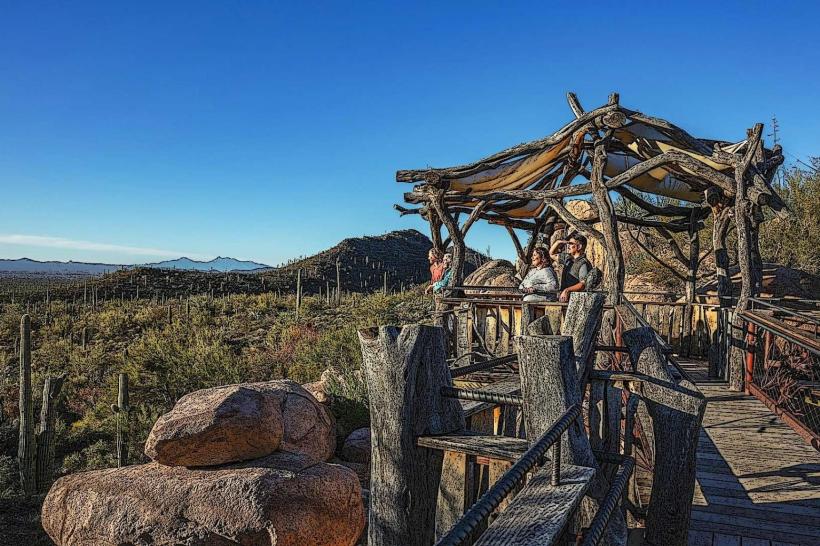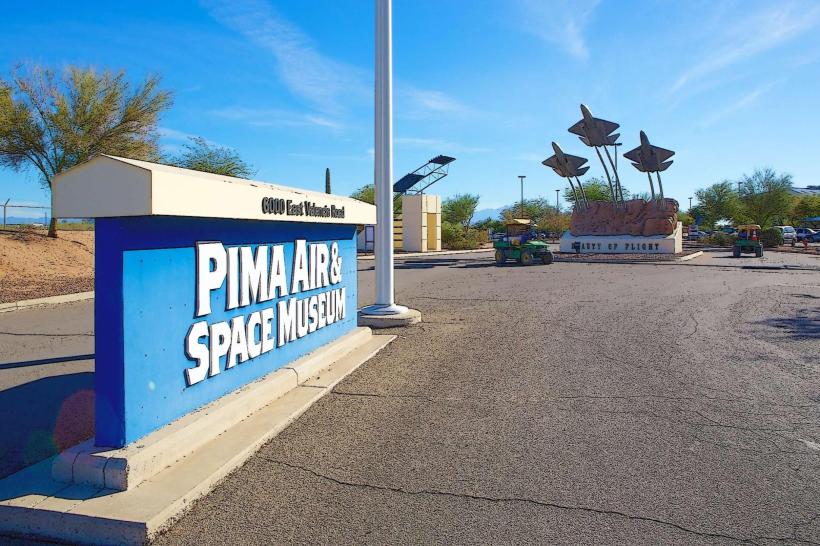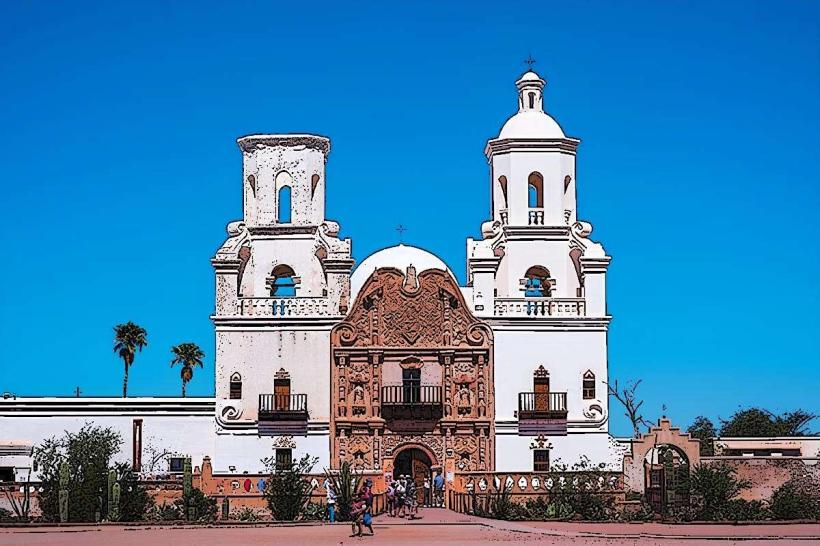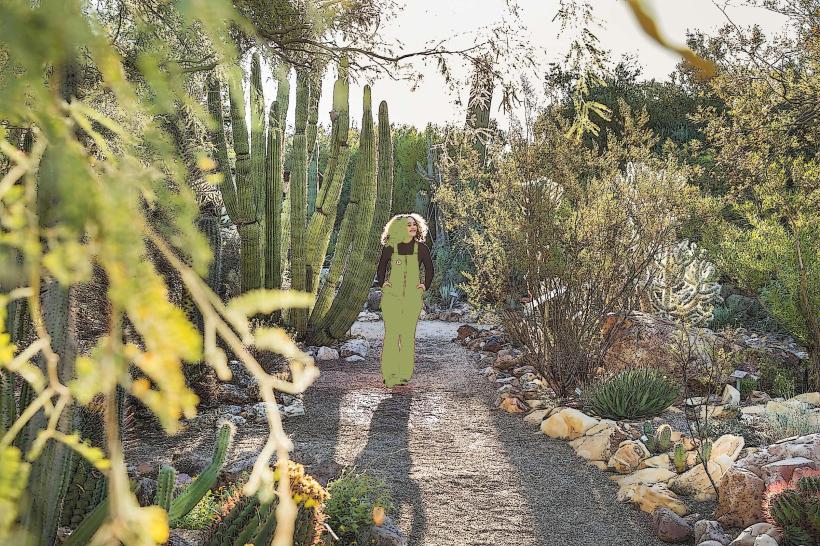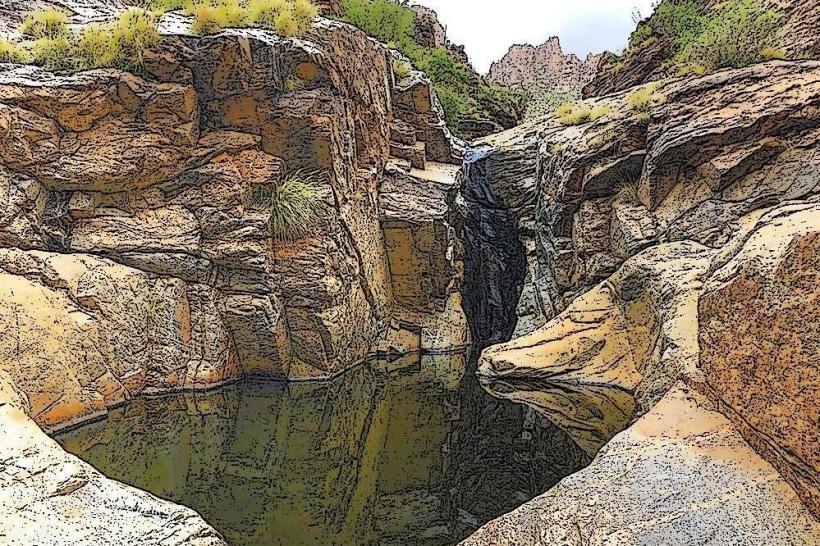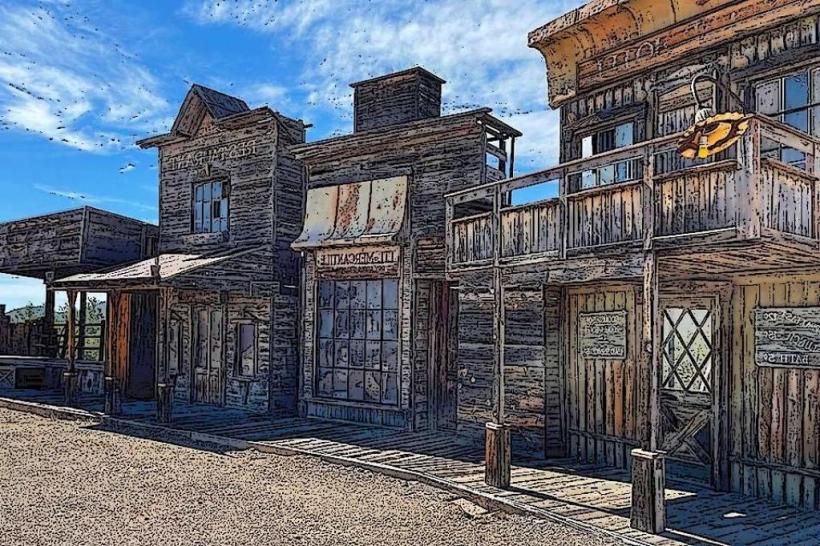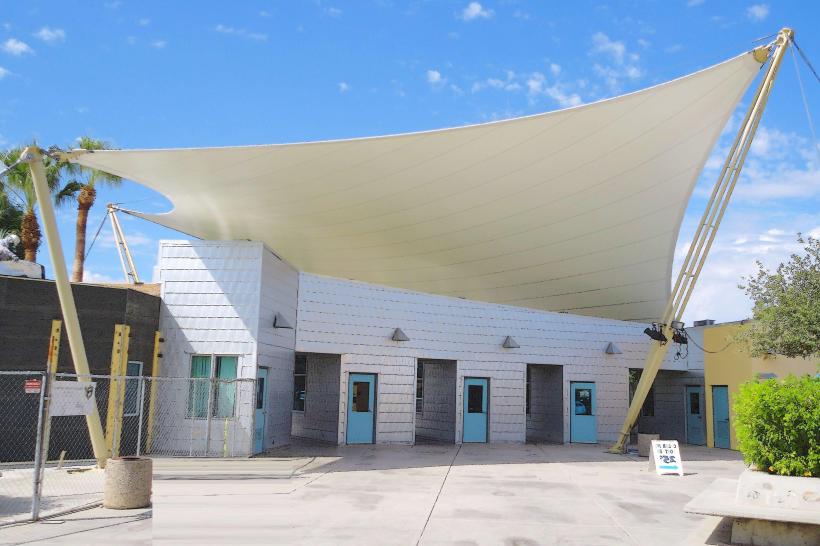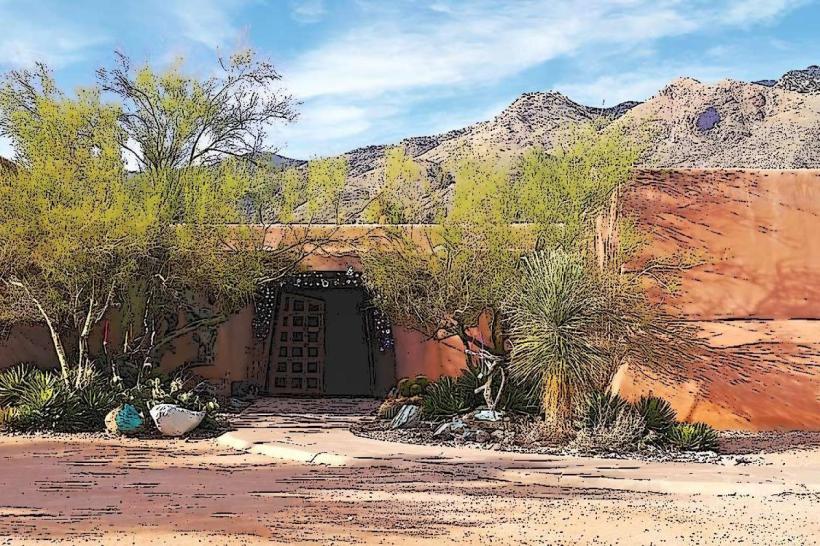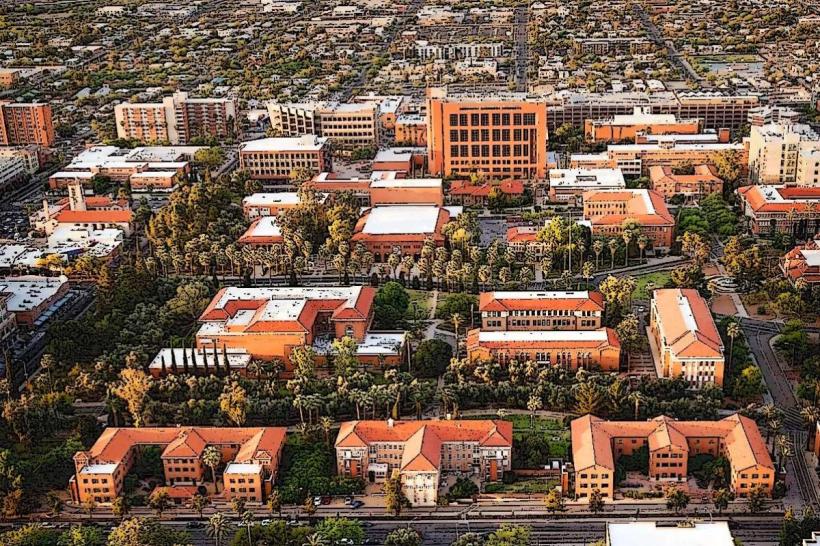Information
Landmark: Saguaro National ParkCity: Tucson
Country: USA Arizona
Continent: North America
Saguaro National Park, Tucson, USA Arizona, North America
Tucson
Tucson, Arizona, is a vibrant city located in the Sonoran Desert and is the second-largest city in the state after Phoenix. Known for its rich cultural heritage, diverse landscapes, and strong ties to Native American, Mexican, and pioneer histories, Tucson offers a unique blend of natural beauty and urban sophistication.
The city is framed by multiple mountain ranges, including the Santa Catalina Mountains to the north, the Rincon Mountains to the east, and the Tucson Mountains to the west, creating stunning desert vistas and opportunities for outdoor recreation. Tucson’s climate is typical of the desert Southwest-hot summers, mild winters, and low annual rainfall, making it ideal for year-round outdoor activities.
Tucson boasts a thriving arts and cultural scene, heavily influenced by its multicultural population and historic roots. The downtown area features galleries, theaters, and vibrant murals, while neighborhoods like the historic Barrio Viejo showcase colorful adobe architecture and a strong Mexican-American heritage.
Educationally and economically, Tucson is home to the University of Arizona, a major research university that contributes to the city’s intellectual vibrancy and innovation. The university’s presence supports a lively community of students, educators, and professionals.
Culinary culture in Tucson is particularly noteworthy, with the city recognized as a UNESCO City of Gastronomy. It is famed for its blend of Southwestern and Mexican cuisines, traditional Sonoran dishes, and a burgeoning farm-to-table movement that celebrates local ingredients.
Outdoor enthusiasts appreciate Tucson for its hiking, mountain biking, and birdwatching opportunities, particularly in nearby natural areas. The city’s proximity to significant desert and mountain parks offers unparalleled access to the unique flora and fauna of the Sonoran Desert.
Saguaro National Park
Saguaro National Park, located just east and west of Tucson, Arizona, is a protected area dedicated to preserving the iconic saguaro cactus and the rich biodiversity of the Sonoran Desert. The park is divided into two separate districts: the Rincon Mountain District to the east and the Tucson Mountain District to the west, each offering distinct landscapes and visitor experiences.
The park is named after the saguaro cactus, an emblematic symbol of the American Southwest. These towering cacti can live for over 150 years and grow up to 40 feet tall, creating a striking and iconic desert landscape. Saguaro National Park contains some of the densest saguaro forests in the world, offering visitors breathtaking views and an intimate encounter with this remarkable plant species.
Natural Features and Wildlife
The park protects a variety of Sonoran Desert ecosystems, from lower desert basins dotted with saguaros and other cacti to rugged mountain slopes and pine-oak woodlands at higher elevations. This diversity supports a wide range of wildlife, including desert bighorn sheep, coyotes, Gila monsters, and numerous bird species such as the Gila woodpecker and cactus wren.
Visitor Activities and Amenities
Saguaro National Park offers multiple hiking trails of varying difficulty, allowing visitors to explore desert washes, ridge tops, and scenic vistas. Popular trails include the Signal Hill Trail, known for its ancient petroglyphs, and the Valley View Overlook Trail, which provides panoramic views of Tucson and the surrounding desert.
Both districts have well-maintained visitor centers providing educational exhibits about desert ecology, conservation efforts, and cultural history related to the Native American tribes who have inhabited the region for centuries.
Cultural Significance
The park area holds deep cultural importance to Native American communities, including the Tohono O’odham Nation. The saguaro cactus is revered in their traditions and stories, symbolizing resilience and life in the desert.
Seasonal Considerations
Springtime is especially popular for visitors due to the blooming of wildflowers and the saguaro’s spectacular flowering season. Cooler temperatures in the winter months also make hiking and outdoor activities more comfortable.
Summary
Tucson and Saguaro National Park together offer a compelling mix of urban culture and pristine natural beauty. Tucson’s rich historical tapestry, educational institutions, and culinary acclaim complement the tranquil, awe-inspiring desert landscapes and biodiversity protected within Saguaro National Park. Together, they provide an immersive experience of the American Southwest’s unique environment and heritage.

